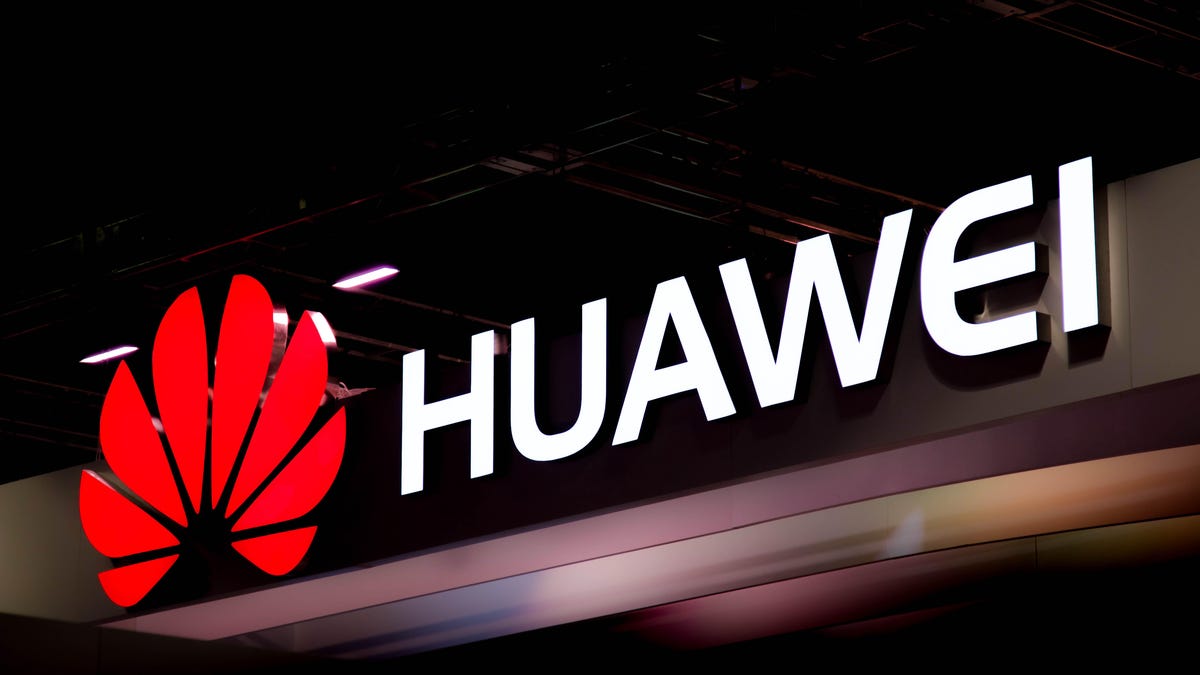Australia to ban Huawei from 5G rollout amid security concerns
Intelligence agencies warned the government about the company's links to China.

Concerns have arisen that Huawei could be forced to give data to China's government.
Australia will reportedly no longer allow Huawei to supply security equipment for country's upcoming 5G rollout.
The ban, first reported by Reuters and attributed to two sources, comes after Australian intelligence agencies warned that the Chinese telecom may be forced to give data to its country's government.
"It is a Chinese company, and under Communist law they have to work for their intelligence agencies if requested," a government source told the news agency.
"There aren't many other companies around the world that have their own political committees."
Neither Huawei nor the Australian government immediately responded to requests for comment.
Last month, Huawei responded to concerns with an open letter that called the criticism "ill informed and not based on facts," as it claimed to be "good and safe" for Australia. Following this letter, an analysis reportedly revealed that Huawei was the biggest corporate sponsor of overseas travel for Australia's politicians.
The ban has precedent. Huawei was prevented from participating in Australia's $38 billion National Broadband Network project in 2012.
US lawmakers have had Huawei in their sights for years as well, but 2018 has seen tensions escalate between Washington and the Chinese company. In February, heads of the CIA, FBI and National Security Agency used congressional testimony to warn consumers against purchasing Huawei phones. Then in May, the Pentagon banned the sale of Huawei and ZTE phones on US military bases worldwide. In June, the government wrote to Google CEO Sundar Pichai to say that the partnership between Google and Huawei on instant messaging poses a serious threat to US national security and consumers.
Both Huawei and ZTE have repeatedly insisted that their consumer devices don't pose a security threat to the US.
In spite of struggling in the US, Huawei has enjoyed significant global success. The company was the fourth biggest smartphone seller in the world in 2017 according to IDC, and a Statista report shows that in the first quarter of 2018 it claimed an 11.8 percent share of the global smartphone market, its biggest yet.
Security: Stay up-to-date on the latest in breaches, hacks, fixes and all those cybersecurity issues that keep you up at night.
'Hello, humans': Google's Duplex could make Assistant the most lifelike AI yet.

